Free Wyoming Sales Tax Calculator
Wyoming Sales Tax Calculator
- Search by ZIP Code
- Search by Tax Region
Found our Free Wyoming Sales Tax Calculator useful? Bookmark and share it.
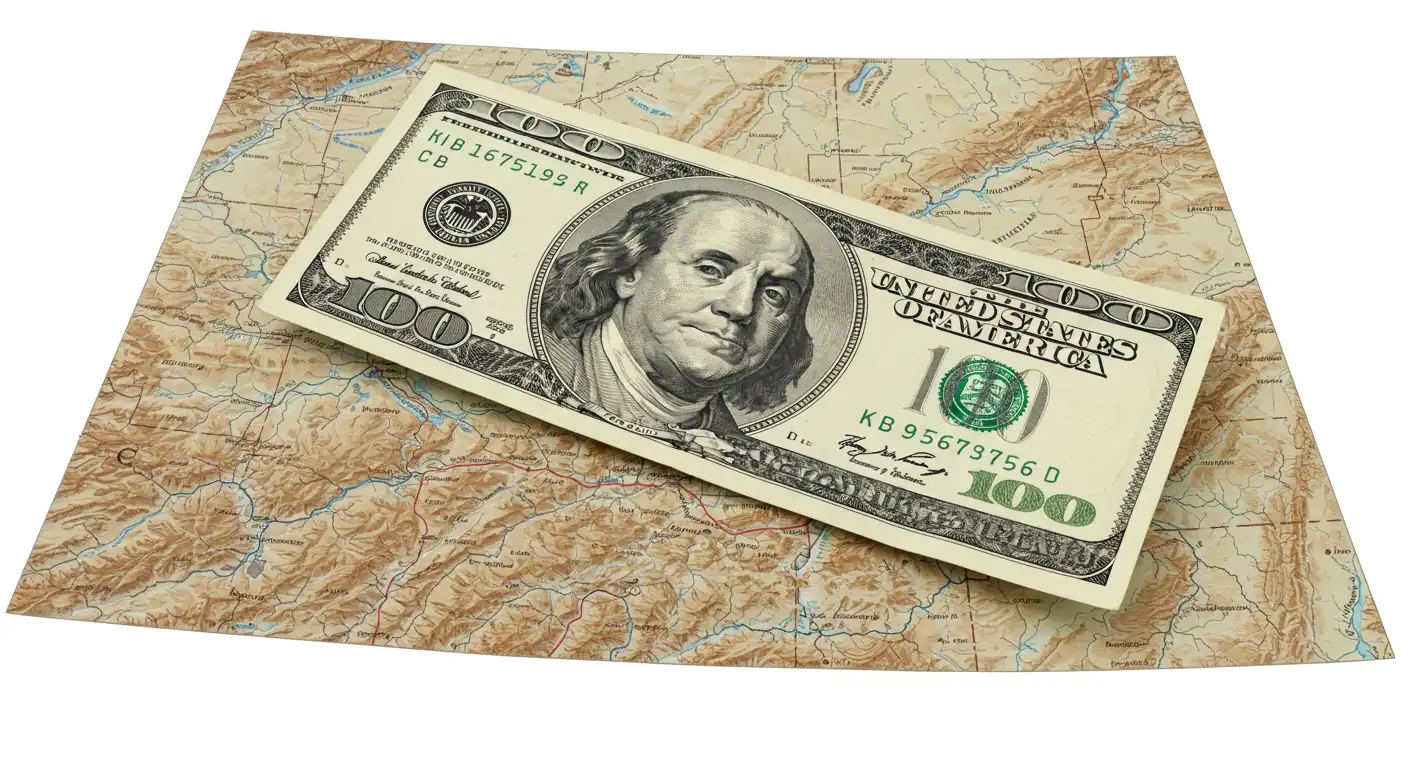
How to Use the Wyoming Sales Tax Calculator
Our Wyoming Sales Tax Calculator is designed to be user-friendly and efficient. Follow these simple steps to calculate your sales tax:
Choose Your Search Method: You can calculate sales tax based on either the ZIP code or the tax region. Select your preferred method using the tabs at the top of the calculator.
Enter Location Information:
- ZIP Code: If you chose to search by ZIP code, select the appropriate ZIP code from the dropdown menu. The corresponding tax region will be displayed next to the ZIP code for your convenience.
- Tax Region: If you chose to search by tax region, select the appropriate region from the dropdown menu.
Enter Purchase Amount: In the “Purchase Amount” field, enter the total amount of your purchase. Be sure to enter a numerical value; do not include currency symbols.
Apply Special Rate (Optional): If you believe a special tax rate applies to your purchase (these are often for specific goods or services, or within designated districts), check the “Apply Special Rate” box. If you are unsure whether a special rate applies, it’s generally best to check with the vendor or consult the Wyoming Department of Revenue.
Click Calculate: Click the “Calculate Sales Tax” button.
View Results: The calculator will display the calculated sales tax, broken down by state, county, city, and special rates (if applicable). The total tax rate and the total sales tax amount will also be shown. If you did not enter a purchase amount, the calculator will display the tax rates only.
Clear Results (Optional): If you wish to perform another calculation, simply change the input values and click “Calculate” again. The previous results will be overwritten.
Understanding Wyoming Sales Tax
Wyoming’s sales tax system involves a combination of state, county, and potentially special district taxes. Unlike income tax, which can be complex, sales tax is a straightforward percentage added to purchases at the point of sale. This tax is then collected by the vendor and remitted to the state. Here’s a breakdown of the different components:
4% State Sales Tax
Wyoming imposes a 4% state sales tax on most purchases of goods and some services. However, there are exemptions. Currently, groceries and prescription drugs are not subject to this tax. This 4% tax is collected statewide in all 23 counties. The revenue generated is divided, with approximately 69% going to the state’s general fund and 31% distributed back to the counties where the sales occurred. The counties then further distribute this portion between the county and municipalities based on population.
5% Optional General Purpose Sales Tax ("5th Penny")
In addition to the 4% state tax, counties have the option to add a 1% sales tax, bringing the total to 5%. This additional 1% requires voter approval and is often referred to as the “5th penny.” Currently, 21 of the 23 Wyoming counties have this additional 1% tax in place. Unlike the 4% state tax, the revenue from the 5th penny is distributed differently. After a small percentage is retained by the state, the majority (99%) is returned to the county of origin. These funds can be used for various capital projects or operating expenses at the discretion of the county and municipal governments. This 5% optional tax, once approved by voters, is in place for a four-year period, after which it can be renewed.
Example of the 4% and 5% Tax Distribution
Imagine County X generates $10 million in sales tax revenue. This means $10 million in 4% state taxes were collected. The state keeps roughly $7 million (70%) and distributes $3 million (30%) back to County X. County X then divides this $3 million between the county and its municipalities based on population.
If County X also has the 5th penny, the process is slightly different. For every dollar spent, a total of 5 cents in sales tax is collected. The revenue from the additional 1% goes primarily back to the county.
6% Optional Special Purpose Sales Tax ("6th Penny")
Counties can also implement an additional 1% sales tax, for a total of 6%, to fund specific capital projects. This “6th penny” or special purpose tax also requires voter approval and is unique in that it is tied to a specific project. The revenue generated can only be used for that designated capital project, such as new construction or major renovations. Funds from this tax cannot be used for ongoing operating expenses. Once the necessary funds for the project have been collected, the 6% tax is discontinued. This “sunset” provision ensures the tax is only in place for the duration of the project’s funding needs.
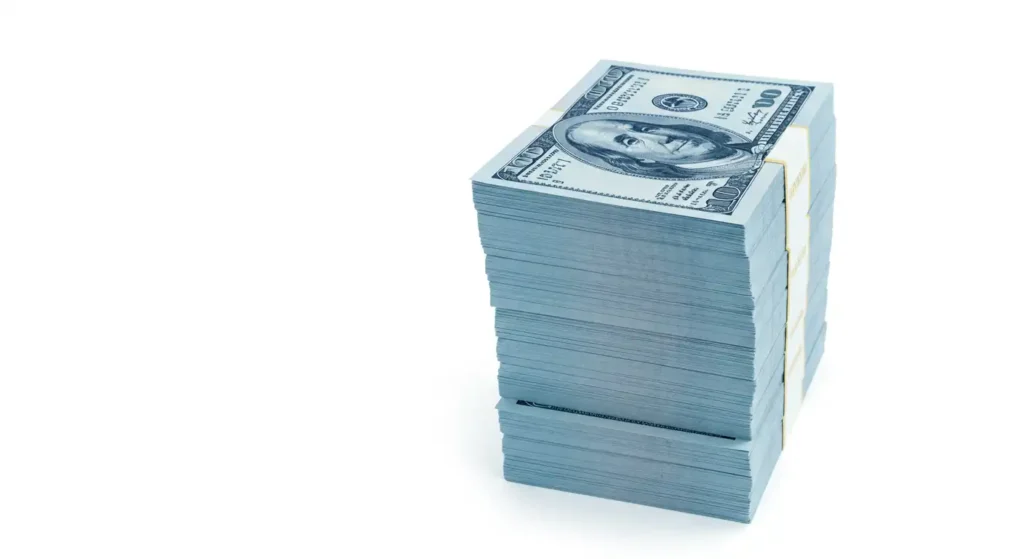
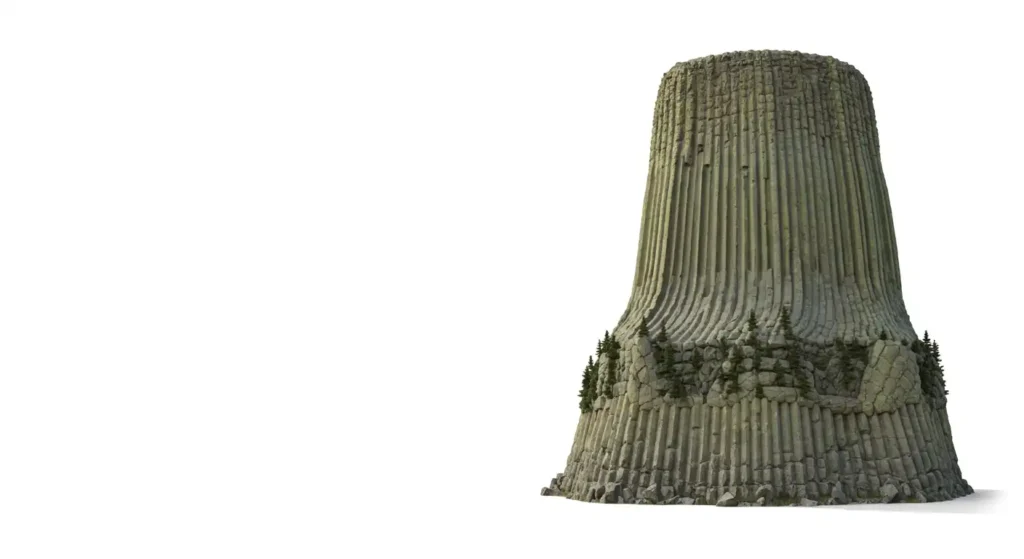
Understanding Wyoming Use Tax
Wyoming’s Use Tax is a complement to its sales tax. While sales tax applies to purchases made within Wyoming, use tax covers purchases of tangible personal property made outside Wyoming but brought into the state for storage, use, or consumption. It applies when no sales tax was paid to Wyoming at the time of purchase, or when sales tax was underpaid (i.e., a lower rate was paid than the rate in the Wyoming county where the goods are used).
What is Use Tax?
Essentially, use tax levels the playing field between Wyoming businesses and out-of-state sellers. It ensures that if you buy something elsewhere and bring it to Wyoming, you pay the same tax you would have if you’d bought it locally. The use tax rate is equal to the sales tax rate in the county where the item is delivered or first used.
Is Use Tax New?
No. Wyoming enacted the Sales and Use Tax Act in 1937. While most people are familiar with sales tax, use tax is often less understood.
What Purchases Qualify?
Generally, any item that would be subject to Wyoming sales tax if purchased in-state is subject to use tax if purchased out-of-state and brought into Wyoming. This includes a wide range of tangible goods, such as appliances, boats, building materials, clothing, furniture, office supplies, cigarettes, and other tobacco products. It doesn’t matter how you made the purchase – whether you bought it in person in a neighboring state, ordered it by mail, or purchased it online – if it’s used in Wyoming and Wyoming sales tax wasn’t collected, you likely owe use tax.
Who Pays Use Tax?
If the out-of-state seller is a Wyoming-licensed vendor, they should collect and remit the sales tax. However, if the seller isn’t licensed in Wyoming and doesn’t collect the sales tax, the responsibility shifts to the purchaser (the consumer) to pay the use tax.
Do Businesses Pay Use Tax?
Yes. Use tax applies to businesses and contractors just as it does to individual consumers. If a business buys supplies out-of-state and doesn’t pay Wyoming sales tax, they owe use tax when the supplies are brought into Wyoming. Similarly, contractors owe use tax on materials purchased out-of-state and used in Wyoming projects if sales tax wasn’t paid at the time of purchase.
Credit for Taxes Paid to Another State
Wyoming offers a credit for sales or use tax legally paid to another state. If you paid sales tax in another state on an item you bring to Wyoming, you can credit that amount against your Wyoming use tax liability. However, the credit cannot exceed the Wyoming use tax owed. If you paid a higher rate in the other state, you won’t owe additional tax to Wyoming, but you also won’t get a refund.
Use Tax on Services
Use tax also applies to certain services. If a taxable service is performed out-of-state, but the first use of that service occurs in Wyoming, use tax is due. The rate is the current sales tax rate in the county where the service is first used.
How to Pay Use Tax
You can pay use tax by filing a Wyoming Consumer Use Tax Return (Form 44). This form is available on the Wyoming Department of Revenue website. You can either print and mail the form with your payment or file online through the Department’s Internet Filing System (WYIFS). Use tax is due on or before the last day of the month following the month of purchase. Current tax rates can be found on the Department of Revenue website.
Frequently Asked Questions (FAQ) about Wyoming Sales Tax
Are the tax rates in the calculator up-to-date?
We strive to keep the tax rates current. However, tax rates can change. It’s always a good idea to confirm with the Wyoming Department of Revenue for the most current information, especially for large transactions.
Can I use this calculator for business purposes?
Yes, this calculator is a helpful tool for businesses to estimate sales tax. However, it’s essential to maintain accurate records and consult with a tax professional for specific business tax advice.
How is the "special rate" determined?
Special rates are additional taxes that apply to certain goods, services, or specific districts. They are often used to fund local projects. If you are unsure if a special rate applies, please check with the vendor or contact the Wyoming Department of Revenue.
What is the general sales tax rate in Wyoming?
A: Wyoming has a 4% state sales tax. Counties can add an additional 1% (for a total of 5%) or another 1% (for a total of 6%) with voter approval. Therefore, the sales tax rate can be 4%, 5%, or 6% depending on the location.
Are there any exemptions to the Wyoming sales tax?
Yes, some items are exempt from sales tax, including groceries and prescription drugs. However, exemptions can change, so it’s always best to check with the Wyoming Department of Revenue for the most up-to-date list.
How is sales tax revenue distributed in Wyoming?
The 4% state sales tax revenue is divided, with the state keeping a portion and the remainder distributed back to the counties and municipalities based on population. The 1% optional taxes are generally distributed primarily back to the counties.
What is the difference between the 5% and 6% optional sales taxes?
The 5% optional tax (the “5th penny”) is a general purpose tax that can be used for various county and municipal needs. The 6% optional tax (the “6th penny”) is a special purpose tax that can only be used for specific capital projects, such as building construction or major renovations. The 6% tax is discontinued once the project’s funding needs are met.
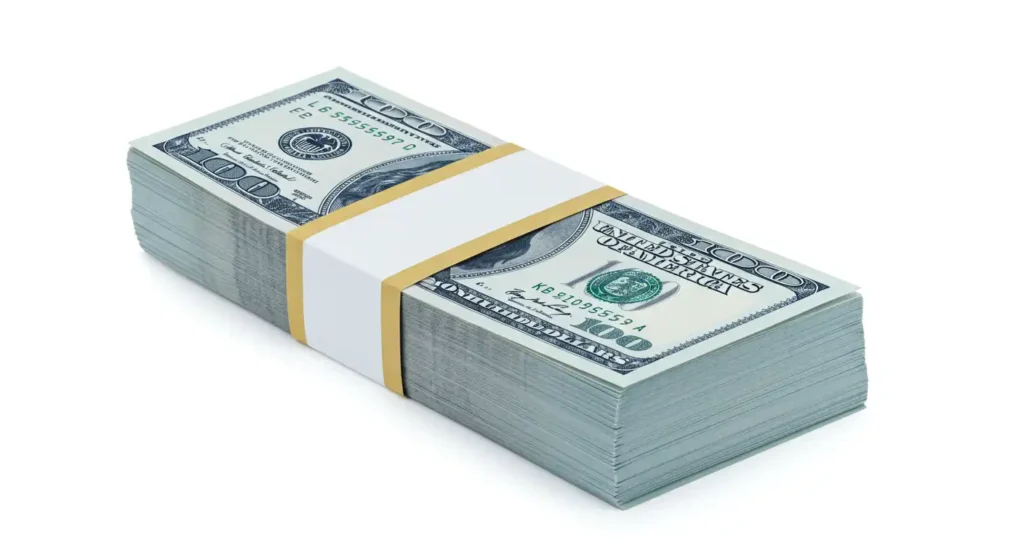
Other Sales Tax Calculators
Loading calculators based on your location…
Disclaimer: The content provided on this webpage is for informational purposes only and is not intended to be a substitute for professional advice. While we strive to ensure the accuracy and timeliness of the information presented here, the details may change over time or vary in different jurisdictions. Therefore, we do not guarantee the completeness, reliability, or absolute accuracy of this information. The information on this page should not be used as a basis for making legal, financial, or any other key decisions. We strongly advise consulting with a qualified professional or expert in the relevant field for specific advice, guidance, or services. By using this webpage, you acknowledge that the information is offered “as is” and that we are not liable for any errors, omissions, or inaccuracies in the content, nor for any actions taken based on the information provided. We shall not be held liable for any direct, indirect, incidental, consequential, or punitive damages arising out of your access to, use of, or reliance on any content on this page.
Trusted By
Trusted by 3.2M+ Employees: 21 Years of Service Across Startups to Fortune 500 Enterprises
Join our ever-growing community of satisfied customers today and experience the unparalleled benefits of TimeTrex.
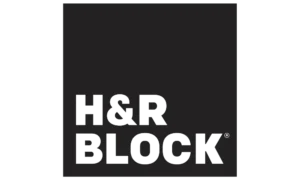









Strength In Numbers
Join The Companies Already Benefiting From TimeTrex
Time To Clock-In
Start your 30-day free trial!
Experience the Ultimate Workforce Solution and Revolutionize Your Business Today
- Eliminate Errors
- Simple & Easy To Use
- Real-time Reporting

Saving businesses time and money through better workforce management since 2003.
Copyright © 2025 TimeTrex. All Rights Reserved.
